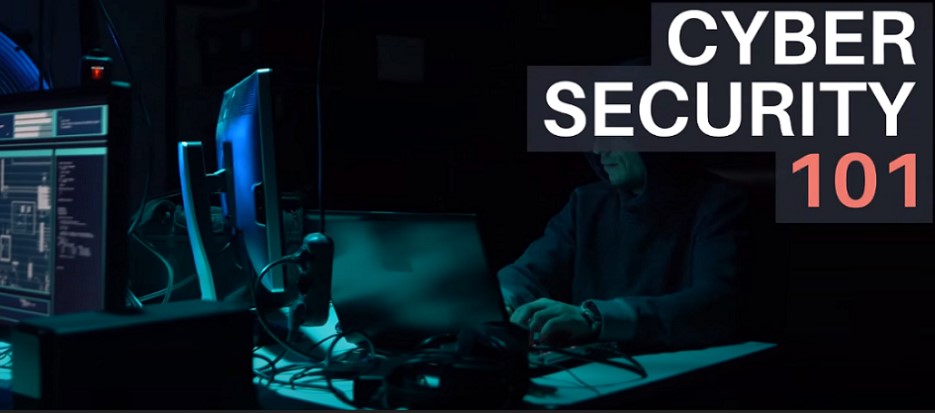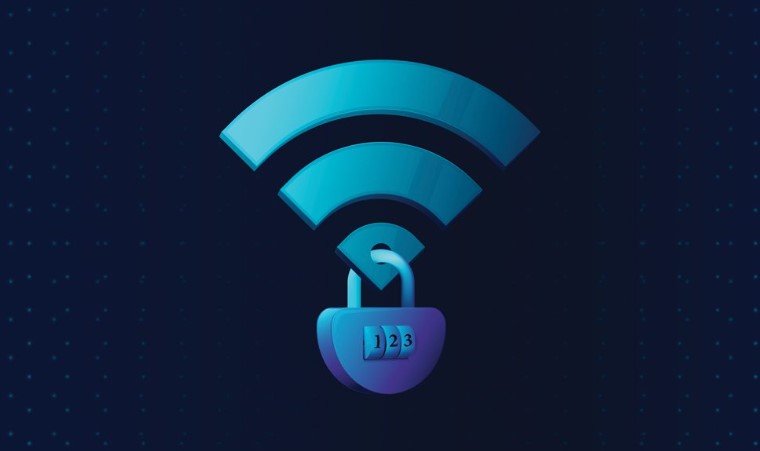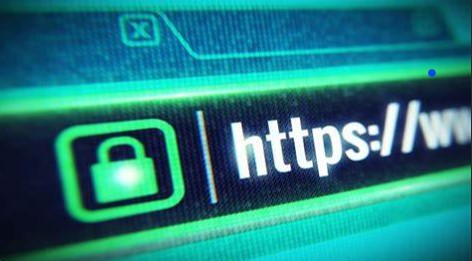Protecting Your Digital Life
January 12, 2024

In our increasingly connected world, cybersecurity has become more critical than ever. With cyber threats on the rise, it’s essential to understand the basics of protecting your digital life. This cybersecurity blog post serves as a beginner’s guide to Cybersecurity 101, offering fundamental principles and practices to help you safeguard your online presence and protect your valuable information.
Strong Passwords
Create strong, unique passwords for each of your online accounts. Use a combination of upper and lowercase letters, numbers, and special characters. Avoid using easily guessable information like birthdays or pet names. Consider using a password manager to securely store and generate complex passwords.
Two-Factor Authentication (2FA)
Enable two-factor authentication (2FA) whenever possible. 2FA adds an extra layer of security by requiring a second form of verification, such as a unique code sent to your mobile device, in addition to your password.
Keep Software Up to Date
Regularly update your operating system, applications, and devices with the latest security patches. Software updates often include important bug fixes and security enhancements that protect against known vulnerabilities.
Beware of Phishing Attempts
Be cautious of phishing attempts, where cybercriminals impersonate legitimate organizations to trick you into revealing sensitive information. Be skeptical of unsolicited emails, messages, or phone calls asking for personal or financial details. Avoid clicking on suspicious links or downloading attachments from unknown sources.

Secure Wi-Fi Networks
When connecting to Wi-Fi networks, prioritize secure and trusted networks. Public Wi-Fi networks are often unsecured and can expose your data to potential threats. If necessary, use a virtual private network (VPN) to encrypt your internet connection.
Be Mindful of Social Media Sharing
Exercise caution when sharing personal information on social media platforms. Be aware that cybercriminals can use this information for identity theft or targeted attacks. Adjust privacy settings on social media accounts to control who can see your posts and personal details.
Regular Data Backups
Regularly backup your important files and data to an external hard drive, cloud storage, or another secure location. In case of a cyberattack, hardware failure, or accidental deletion, backups ensure you can recover your valuable information.
Install Antivirus Software
Install reputable antivirus and anti-malware software on your devices and keep them updated. These tools help detect and block potential threats, including viruses, ransomware, and spyware.

Use Secure Online Shopping Practices
When shopping online, stick to reputable websites with secure connections (look for “https” and a padlock symbol in the URL). Avoid making purchases on public computers or using public Wi-Fi networks for sensitive transactions. Keep track of your financial statements and report any suspicious activities to your bank immediately.
Educate Yourself
Stay informed about the latest cybersecurity threats and trends by following reputable sources, reading cybersecurity blogs, and participating in educational programs or webinars. The more you know, the better equipped you are to identify and mitigate potential risks.
- Strong Passwords
- Two-Factor Authentication (2FA)
- Keep Software Up to Date
- Beware of Phishing Attempts
- Secure Wi-Fi Networks
- Be Mindful of Social Media Sharing
- Regular Data Backups
- Install Antivirus Software
- Use Secure Online Shopping Practices
- Educate Yourself
By following these fundamental cybersecurity practices, you can significantly enhance your online security and protect your digital life. Remember, cybersecurity is an ongoing effort that requires continuous vigilance and adaptation. By prioritizing cybersecurity, you can enjoy a safer and more secure digital experience.
Have Any Question?
Call or email Cocha. We can help with your cybersecurity needs!
- (281) 607-0616
- info@cochatechnology.com




